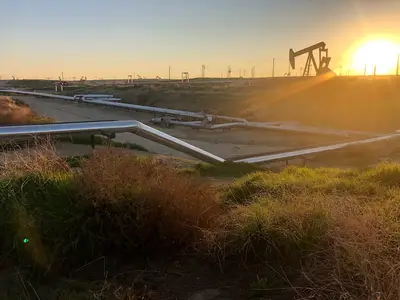Using data and collaboration to build a more resilient future
The biophysical, economic, and social impacts of climate change are being felt throughout local communities and around the globe. Changing rainfall patterns, rising temperatures, extreme weather, and sea level rise are already affecting our ability to grow food, in addition to degrading natural habitats on which wildlife populations rely, displacing millions of people, exacerbating health risks, and impacting critical infrastructure. Without an ambitious, coordinated, global response, and data-driven climate policy, these negative impacts will only become more severe and costly.
Recognizing this existential threat, we partner with communities, governments, and private businesses to define, implement, and gauge the effectiveness of climate policies that bridge long-term economic and social objectives with climate action. To address the drivers of climate change, we evaluate greenhouse gas (GHG) mitigation options, costs, and benefits across the main sources of GHG emissions at local, national and global scales. We also identify opportunities for increased efficiency and reduced emissions from energy systems, building conditioning, deforestation, industry, transportation, and agricultural production. To reduce climate impacts, we assess vulnerabilities within communities, landscapes, and economic systems, and identify opportunities to strengthen their adaptive capacities and increase long-term resilience through more effective planning and greater preparedness.
A Data-Driven Approach to Supporting Climate Policy
RTI’s data-driven approach to supporting climate policy builds on our technical capacities in climate science, GHG accounting, market systems, consumer behavior, and economic modeling, and is complemented by our robust climate finance capabilities. As policies are designed, we specialize in assisting our partners in linking resource needs to investments that can catalyze climate action, facilitate access to more efficient technology and equipment, and maximize economic, social, and environmental benefits for communities, businesses, and governments at all levels.
Sign-up for our Climate Newsletter to stay up-to-date on our latest insights.
Related Projects
Reducing Greenhouse Gas Emissions in Guatemala
Read More about Reducing Greenhouse Gas Emissions in Guatemala













